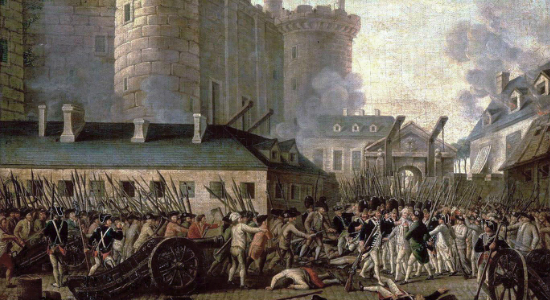Minimum wage is the lowest monetary payment, defined by law, that a worker must receive for their services. The value is defined by national law and applies to the entire country. It is reassessed annually based on the population's current cost of living.
The creation and definition of the minimum wage is based on the minimum monetary amount that an individual spends to maintain their survival. The purpose of this is to guarantee the continuity of the purchasing power of citizens.
However, labor unions that govern the rights and duties of workers by categories and functions, can also define the minimum amounts that each worker must receive in Brazil, depending on the level, requirement and complexity of the work.
Minimum wage amount
The value of the current minimum wage in Brazil is BRL 998.00, defined by Decree No. 9661/2019.
History of the minimum wage
The minimum wage emerged in Australia and New Zealand during the 19th century. Today, most countries adopt a mandatory minimum amount for workers' pay.
In Brazil, the definition of a minimum remuneration was only created in the 30s, in the 20th century, with Law No. 185/1936, being made official in April 1938.
But it was only on May 1st (considered Labor Day in many countries around the world) that the then president Getúlio Vargas fixed the values that would correspond to the law as the minimum to be in force throughout the territory national. In practice, the mandatory payment began to apply in 1940.
Other rules on the minimum wage were created a few years later, when the Consolidation of Labor Laws (CLT) was published in 1943. The law determined, for example, the formula for calculating the salary, which must include food, housing, clothing, hygiene and transport expenses.
The right to receive the minimum wage is provided for in the Federal Constitution of 1988, with a social right. It is determined in article 7, VI. "Art. 7th The rights of urban and rural workers, in addition to others aimed at improving their social condition: V - wage floor proportional to the extent and complexity of the work".
Learn more about the CLT.
History of the minimum wage in Brazil
See the table below for the minimum wage values in the country in recent years.
| Year | Value |
|---|---|
| 2019 | BRL 998.00 |
| 2018 | BRL 954.00 |
| 2017 | BRL 937.00 |
| 2016 | BRL 880.00 |
| 2015 | BRL 788.00 |
| 2014 | BRL 724.00 |
| 2013 | BRL 678.00 |
| 2012 | BRL 622.00 |
| 2011 | BRL 545.00 |
| 2010 | BRL 510.00 |
| 2009 | BRL 465.00 |
| 2008 | BRL 415.00 |
| 2007 | BRL 380.00 |
| 2006 | BRL 350.00 |
| 2005 | BRL 300.00 |
| 2004 | BRL 260.00 |
| 2003 | BRL 240.00 |
| 2002 | BRL 200.00 |
| 2001 | BRL 180.00 |
| 2000 | BRL 151.00 |
| 1999 | BRL 136.00 |
Difference between national minimum wage and state wage floor
As we have seen, the national minimum wage is the minimum amount determined to be paid monthly to a worker.
In addition to this amount, states can set a state wage floor, an equivalent to the minimum wage, valid in the territory of the state. It is important to know that the state floor value cannot be less than the national minimum. If this happens, it is mandatory that employers pay workers the minimum wage in the country.
The definition of the salary floor by the states is authorized by Complementary Law No. 103/2000.
To learn more, see also the meanings of gross salary, to work and collective bargaining.

